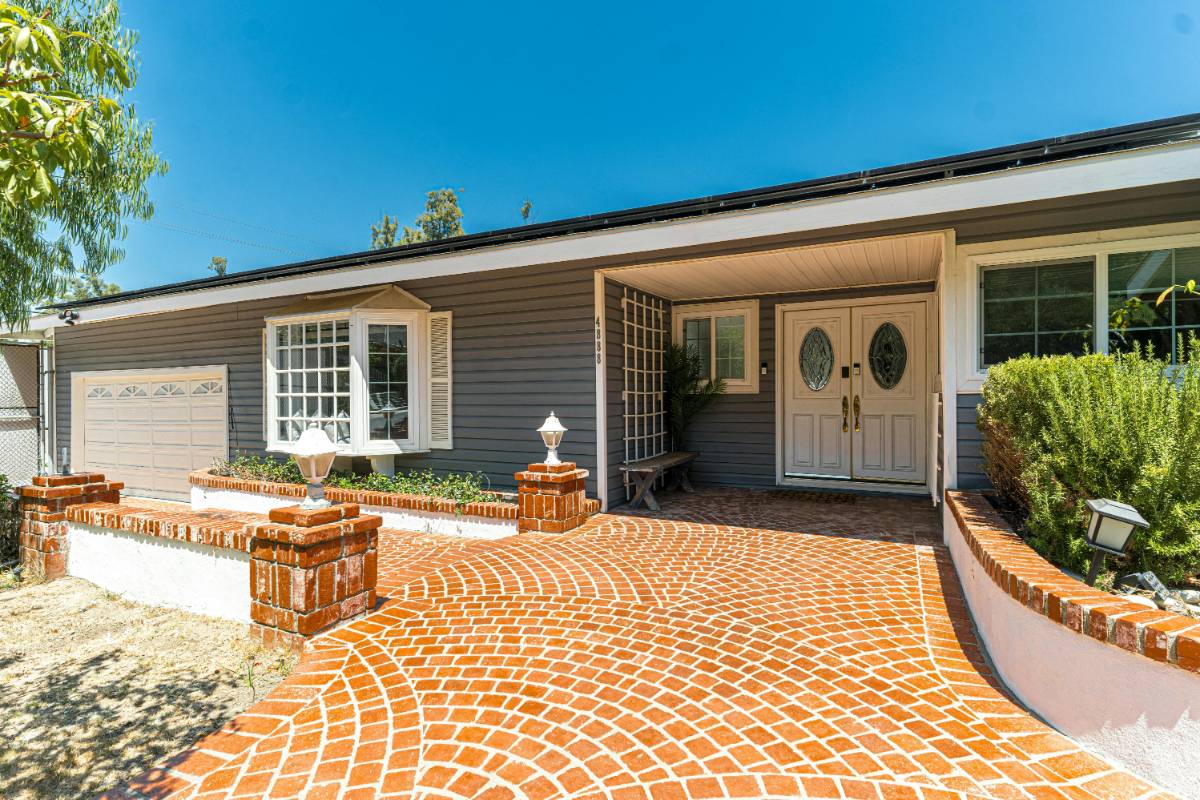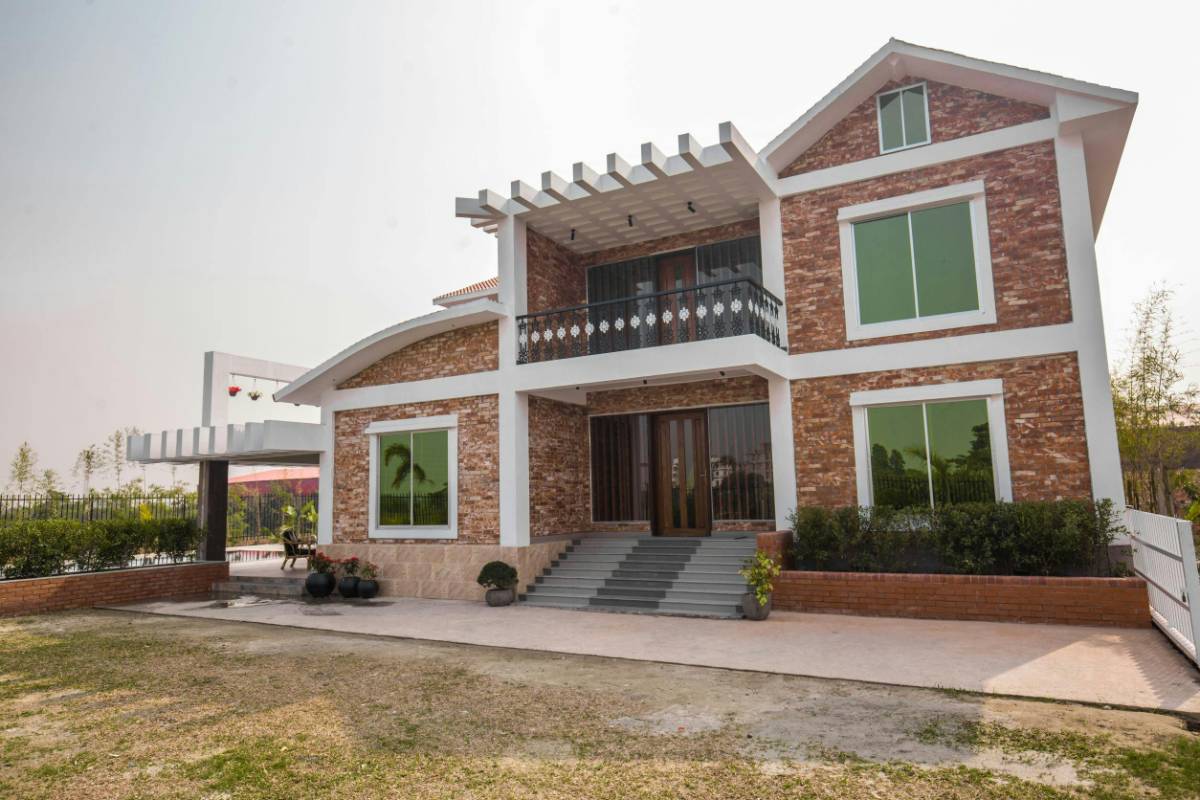What to Know About Luxury Real Estate and Its Market Trends
6 min read | 25 Mar 2025

Luxury real estate is a niche market characterized by high-end properties that offer exceptional features, prime locations, and exclusive amenities. As a prestigious segment of the real estate market, luxury properties appeal to affluent buyers seeking not only a home but also a lifestyle statement. From sprawling estates and waterfront villas to sleek penthouses in major cities, the luxury real estate market is diverse and ever-evolving, influenced by factors such as economic conditions, buyer preferences, and global trends.

Defining Luxury in Real Estate
Luxury real estate goes beyond high price tags; it’s defined by unique qualities that set these properties apart. Key features include prime locations, such as waterfront views, mountain settings, or prestigious urban neighborhoods. Luxurious finishes, cutting-edge architecture, spacious layouts, and amenities like private pools, theaters, and smart home technology also contribute to a property’s luxury status.
In addition to property features, luxury real estate is often distinguished by a high degree of privacy and exclusivity. Many luxury homes are located in gated communities or private estates, providing an added sense of security and seclusion. For many buyers, luxury real estate offers an opportunity to own a truly unique property that reflects their lifestyle and personal taste.
Market Trends in Luxury Real Estate
The luxury real estate market is influenced by various trends that shape buyer preferences and investment potential. Currently, there’s a growing demand for properties with wellness features, such as home gyms, spa facilities, and outdoor spaces designed for relaxation and fitness. This trend reflects a broader focus on health and well-being among affluent buyers.
Another trend is the increased interest in sustainable luxury. Eco-friendly features, such as solar panels, energy-efficient systems, and sustainable materials, are becoming sought-after in the luxury market. Buyers are looking for homes that not only offer luxury but also align with their values, making sustainability an important factor in high-end property choices.
Technology and Smart Homes
Advanced technology is another driving force in the luxury real estate market. Smart home systems that allow homeowners to control lighting, security, climate, and entertainment with ease are becoming standard in luxury properties. Voice-activated systems, advanced security features, and home automation create a seamless living experience that enhances convenience and security.
Luxury buyers are also drawn to properties equipped with high-end entertainment options, such as home theaters, wine cellars, and indoor sports facilities. Technology not only adds value to the property but also contributes to a lifestyle of comfort and leisure that is integral to the luxury market.

The Impact of Global Wealth Movement
The luxury real estate market is heavily influenced by the movement of global wealth. High-net-worth individuals (HNWIs) often invest in luxury properties as a way to diversify their portfolios. As a result, market trends in luxury real estate are affected by global economic shifts, tax policies, and even geopolitical factors that impact where affluent buyers choose to invest.
In recent years, there’s been a growing trend of HNWIs purchasing luxury properties in regions with stable economies, favorable tax conditions, and appealing lifestyle options. Cities like Dubai, London, and New York remain popular among luxury buyers, while emerging markets are also attracting interest due to potential for high returns and lifestyle appeal.
Demand for Privacy and Security
Privacy and security remain top priorities for luxury buyers. Many affluent individuals seek properties that offer a high degree of privacy, such as gated communities or secluded estates. Advanced security systems, including biometric access and 24/7 surveillance, are common in luxury homes to ensure safety and peace of mind.
The demand for private outdoor spaces has also increased, especially in the wake of the pandemic. Buyers are looking for properties with expansive outdoor areas, such as private gardens, pools, and rooftop terraces, which provide an ideal space for relaxation and hosting guests.
The Future of Luxury Real Estate
As the luxury real estate market continues to evolve, properties with unique features and strong investment potential will remain in high demand. Future trends may include more personalized home designs, wellness-oriented spaces, and eco-friendly innovations that cater to the changing values of luxury buyers. The integration of sustainable practices and smart technology is likely to define the future of luxury real estate, as buyers seek properties that reflect both their lifestyle and commitment to environmental responsibility.
Conclusion
Luxury real estate offers more than just a place to live; it represents a lifestyle and a status symbol for discerning buyers. As trends in wellness, technology, and sustainability continue to shape the market, luxury properties will evolve to meet the preferences of affluent individuals seeking a blend of comfort, exclusivity, and modernity. Understanding these trends can help investors and buyers make informed decisions in the ever-changing world of luxury real estate.
Share on
Similar articles

The Future of Grocery Shopping: Trends to Watch
4 min read | 03 Feb 2025

How to Spot and Avoid Grocery Store Scams
2 min read | 02 Feb 2025

Grocery Shopping for One: Tips and Tricks
3 min read | 01 Feb 2025